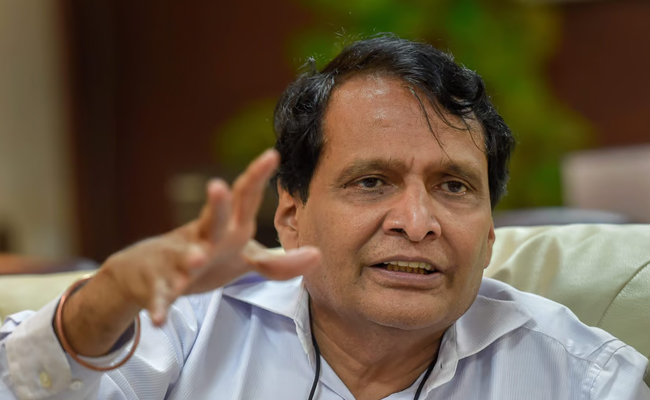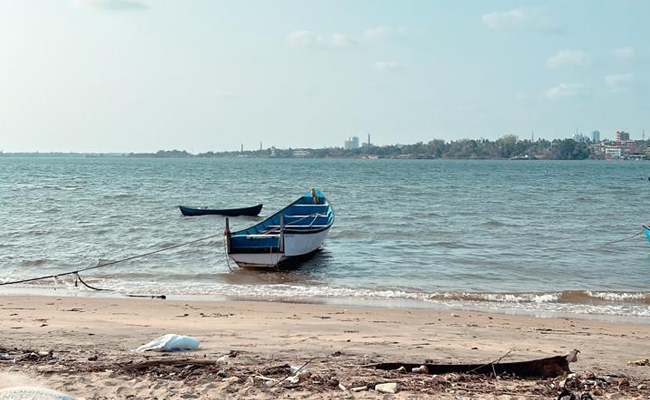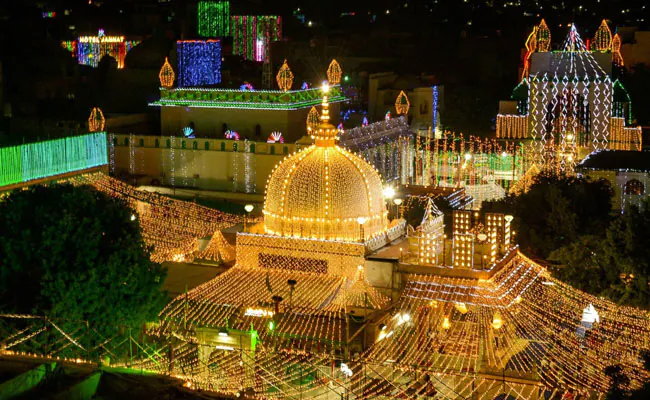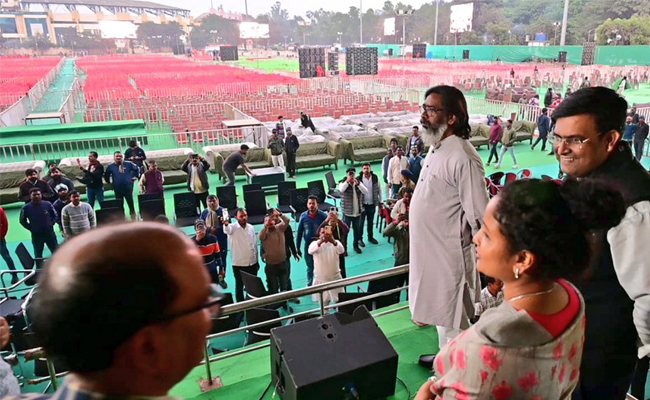New Delhi (PTI): Former Union Minister Suresh Prabhu on Saturday called for setting up food testing labs by FSSAI at all public places where 'prasadam' is distributed to ensure quality, amid the Tirupati laddu row.
The cost of these testing labs can easily be borne by organisations who run such mass feeding programmes, he said.
Andhra Pradesh Chief Minister N Chandrababu Naidu's claim that animal fat was used in Tirupati laddus during the previous government triggered a massive political row, with the YSRCP accusing Naidu of indulging in "heinous allegations" for political gains and the TDP circulating a lab report to back its claim.
"To address issues arising out of #TirupatiPrasadam we must ensure at all public places where #Prasadam #food is distributed @fssaiindia set up food testing labs to ensure food distribution is in line with expectations of general public/ devotees,conforms to desired quality," Prabhu said in a post on social media platform X.
He added that random sampling of ingredients, served food ,testing reports can be displayed prominently on screen in real time.
The Food Safety and Standards Authority of India (FSSAI) is a government's food regulatory body.
Let the Truth be known. If you read VB and like VB, please be a VB Supporter and Help us deliver the Truth to one and all.
Bengaluru: A recent study commissioned by the Karnataka government has revealed that 28% of the state's 328.55-km coastline is experiencing high levels of erosion. The report, submitted by the National Centre for Sustainable Coastal Management to the Environment Department, shows that the length of eroding stretches has more than doubled, from 43.7 km in 1990 to 91.6 km in 2024.
Titled Shoreline Management Plan Along Karnataka Coast, the report highlights the impact of increased sediment barriers and upstream activities on coastal erosion. It also calls for the adoption of nature-based solutions to counter the effects of climate change and human activities.
District-wise findings
The coastline of Uttara Kannada, Udupi, and Dakshina Kannada spans 328.55 km, with varying levels of erosion across the districts:
Uttara Kannada: Although 28% of its 193-km coastline is eroded, the district accounts for 39% of the state’s total erosion due to increased coastal development.
Udupi: Despite 43% of the coastline being protected by seawalls, 38% remains affected by erosion, contributing to 32% of Karnataka's overall erosion.
Dakshina Kannada: The district’s 37-km coastline faces “critical” erosion, with 39% of its stretches severely impacted, including areas such as Uchil and Batapady.
The report warns that coastal erosion threatens habitations, estuarine environments, mangroves, mudflats, and fish landing areas.
Recommendations
Identifying 44 critical erosion zones, the report suggests:
1. Beach nourishment through sand replenishment.
2. Rehabilitation of sand dunes and bioshields.
3. Mangrove afforestation to stabilise coastlines and support fisheries.
The findings will inform the Karnataka-Strengthening Coastal Resilience and the Economy (K-SHORE) project, which prioritises nature-based solutions over hard approaches like seawalls. R Gokul, Additional Principal Chief Conservator of Forests, stated that the Rs 840-crore project will focus on mangrove planting, beach nourishment, and tackling plastic pollution. These measures aim to protect the coastline and boost the blue economy.
The report will also guide the Karnataka State Coastal Zone Management Authority in reviewing coastal development proposals.





